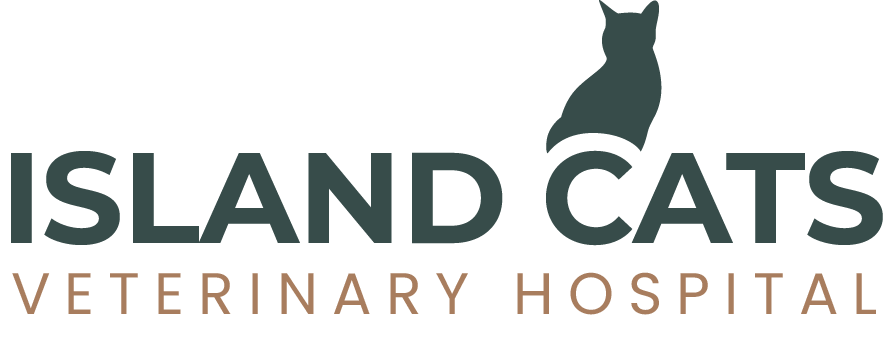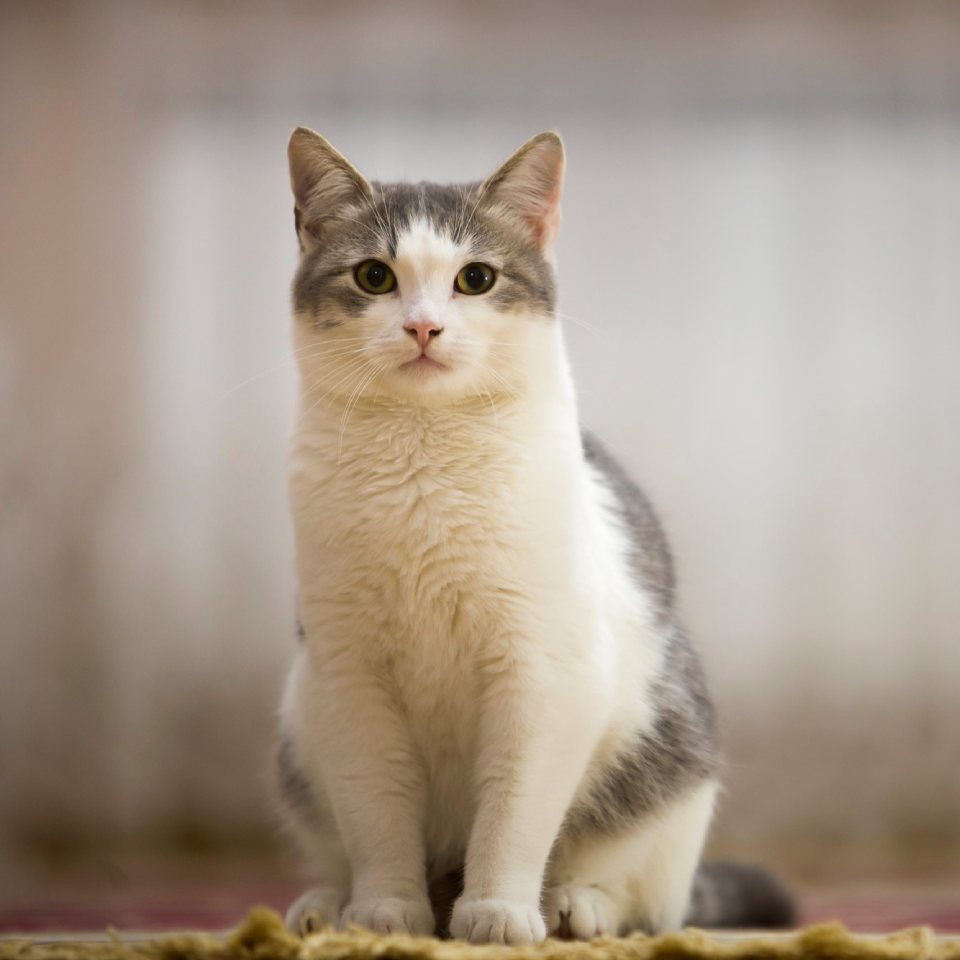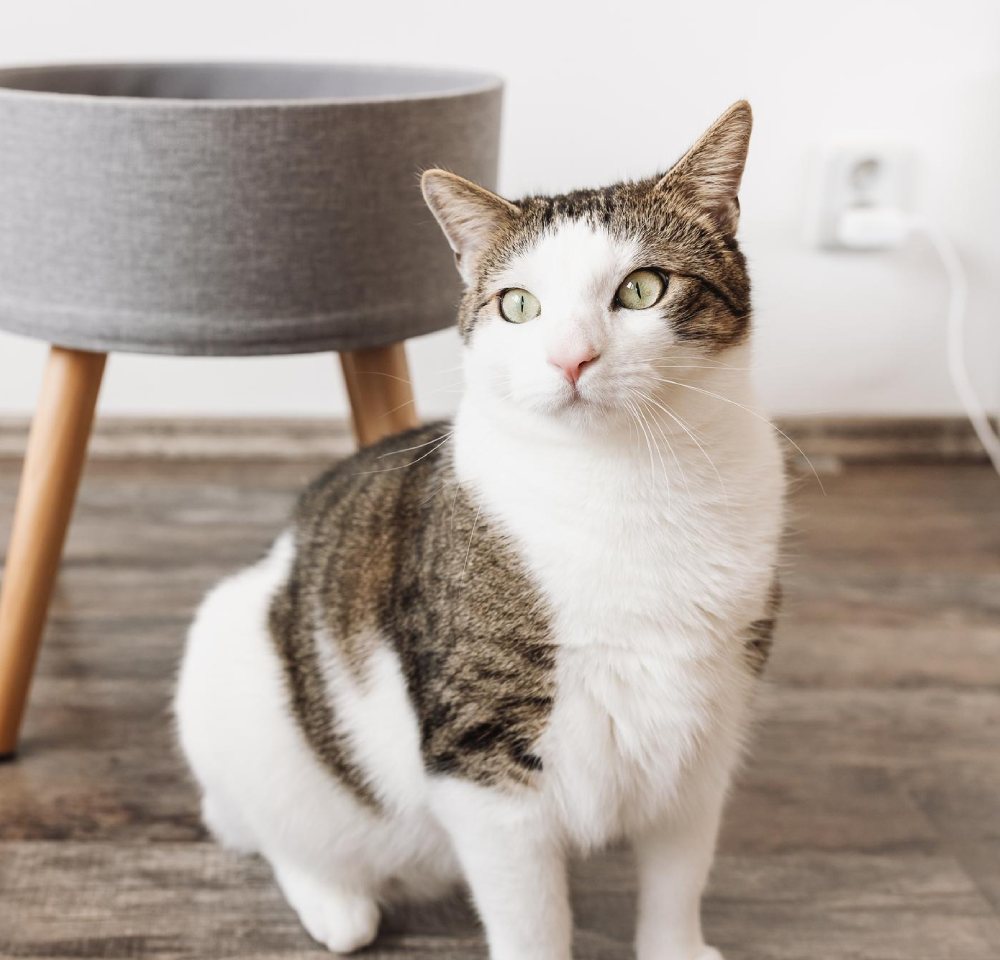Felycin: A New Treatment Option for Cats with HCM
Discover Felycin, a new FDA conditionally approved treatment that may help manage hypertrophic cardiomyopathy (HCM) in cats.
Felycin: A New Treatment Option for Cats with HCM
We are excited to share an important development in feline heart health. Felycin (sirolimus) is a new medication under conditional FDA approval that may help stabilize hypertrophic cardiomyopathy (HCM) in cats. While not appropriate for every patient, this medication offers new hope for many cats facing this serious, often life-limiting disease.
What You Need to Know
Because Felycin is under conditional approval, it must be prescribed exactly as the label directs, and certain follow-up requirements must be met to continue treatment. In human medicine, this drug has shown some potential long-term side effects; however, we do not yet know if those risks apply to cats. More information will become available in the years ahead.
Who Is (and Isn’t) a Candidate
Felycin is not appropriate for cats with:
- Immunosuppressive diseases
- Diabetes
- Heart disease that may be managed with blood pressure control
- Advanced cardiac disease or heart failure
- Severe left ventricular outflow obstruction
- MDR1 mutations
- Liver disease
- Current use of medications such as ketoconazole, cyclosporine, steroids, or other immunosuppressive drugs
Felycin is generally considered for cats with confirmed HCM by echocardiogram (echo), especially those showing changes over time.
What’s Required Before Starting
Before your cat can begin Felycin, the following are needed:
- A current veterinary exam
- An echocardiogram within the past 9 months
- Blood pressure testing and management if needed
- A baseline blood chemistry panel to check liver values
Dosing & Monitoring
- Dosing: Felycin is given as a tablet once weekly by mouth. It should not be crushed or hidden in food, as the protective coating must remain intact to work properly.
- Monitoring: Bloodwork is required prior to starting, again 1 month after beginning treatment, and then every 6–12 months to monitor liver values.
Possible Side Effects
While many cats tolerate Felycin well, potential side effects may include:
- Elevated liver values
- Immunosuppression
- Fainting (syncope), lethargy
- Vomiting, diarrhea, or loss of appetite
In limited studies, some cats showed progression of heart disease, but it is not yet clear whether this was due to normal HCM progression or related to the medication.
Safety for People
Although the dose of Felycin for cats is much lower than what is used in humans, it is still an immunosuppressive drug. For safety, we recommend taking precautions: always wear gloves when handling the tablet or when cleaning up saliva or vomit within 4 hours of dosing. Pregnant or breastfeeding women should avoid any direct contact.
Next Steps
If your cat has advancing HCM and you are interested in Felycin, please reach out to schedule an updated exam and discuss options with one of our veterinarians.
If your cat is a breed at higher risk for HCM (Maine Coon, Ragdoll, British Shorthair, American Shorthair, Sphynx, Bengal, Chartreux, Norwegian Forest Cat, Siberian, or Persian), it may be time to consider a baseline cardiology appointment and echocardiogram. We host a mobile cardiologist at our hospital about once a month.
Hope for the Future
While Felycin may not be the right choice for every patient, it represents an exciting new step in the fight against HCM. For some cats, it may mean more stability, more time, and more moments shared with the people who love them.
You can read more from the distributor here.
FAQ
💡 Quick Facts About Felycin
What is Felycin?
A new, conditionally FDA-approved medication that may help manage hypertrophic cardiomyopathy (HCM) in cats.
How is it given?
Who can take it?
What testing is needed?
- Recent veterinary exam
- Echocardiogram (within the last 9 months)
- Blood pressure check
- Bloodwork for liver function (before starting, 1 month after, then every 6–12 months)


